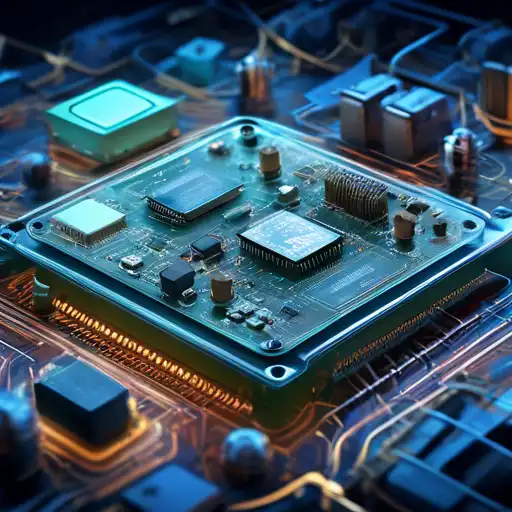The Hidden Power of Embedded Systems in Modern Smart Devices
Embedded systems are the cornerstone of today's smart devices, acting as the brains behind their functionality. From smartphones to smart refrigerators, these systems ensure that devices operate efficiently and intelligently. This article delves into the world of embedded systems, exploring their role, importance, and future in the realm of smart technology.
What Are Embedded Systems?
An embedded system is a dedicated computing system designed to perform specific tasks within a larger mechanical or electrical system. Unlike general-purpose computers, embedded systems are optimized for their particular tasks, leading to increased efficiency and reliability.
The Role of Embedded Systems in Smart Devices
Smart devices rely heavily on embedded systems to process data, execute commands, and connect with other devices. For instance, a smart thermostat uses an embedded system to learn your schedule and adjust the temperature accordingly, saving energy and enhancing comfort.
Key Components of Embedded Systems
- Microcontrollers: The heart of an embedded system, microcontrollers process inputs and control outputs.
- Sensors: These components gather data from the environment, such as temperature or motion.
- Actuators: Actuators convert electrical signals into physical actions, like turning on a light.
- Software: The software dictates the system's operations, from simple tasks to complex algorithms.
Why Embedded Systems Are Essential for IoT
The Internet of Things (IoT) thrives on the connectivity and intelligence provided by embedded systems. These systems enable devices to communicate with each other and with users, creating a seamless and interactive experience. For example, embedded systems in wearable devices track health metrics and sync them with your smartphone, offering real-time insights into your well-being.
The Future of Embedded Systems in Smart Technology
As technology advances, embedded systems are becoming more sophisticated, with capabilities like artificial intelligence and machine learning. This evolution promises smarter, more autonomous devices that can anticipate needs and adapt to changing environments. The potential for innovation is limitless, from smart cities to personalized healthcare.
Embedded systems are the unsung heroes of the digital age, powering the devices that make our lives easier and more connected. As we look to the future, the role of these systems will only grow, driving the next wave of technological breakthroughs.
For more insights into how technology is shaping our world, check out our articles on IoT Revolution and The Future of Smart Devices.
